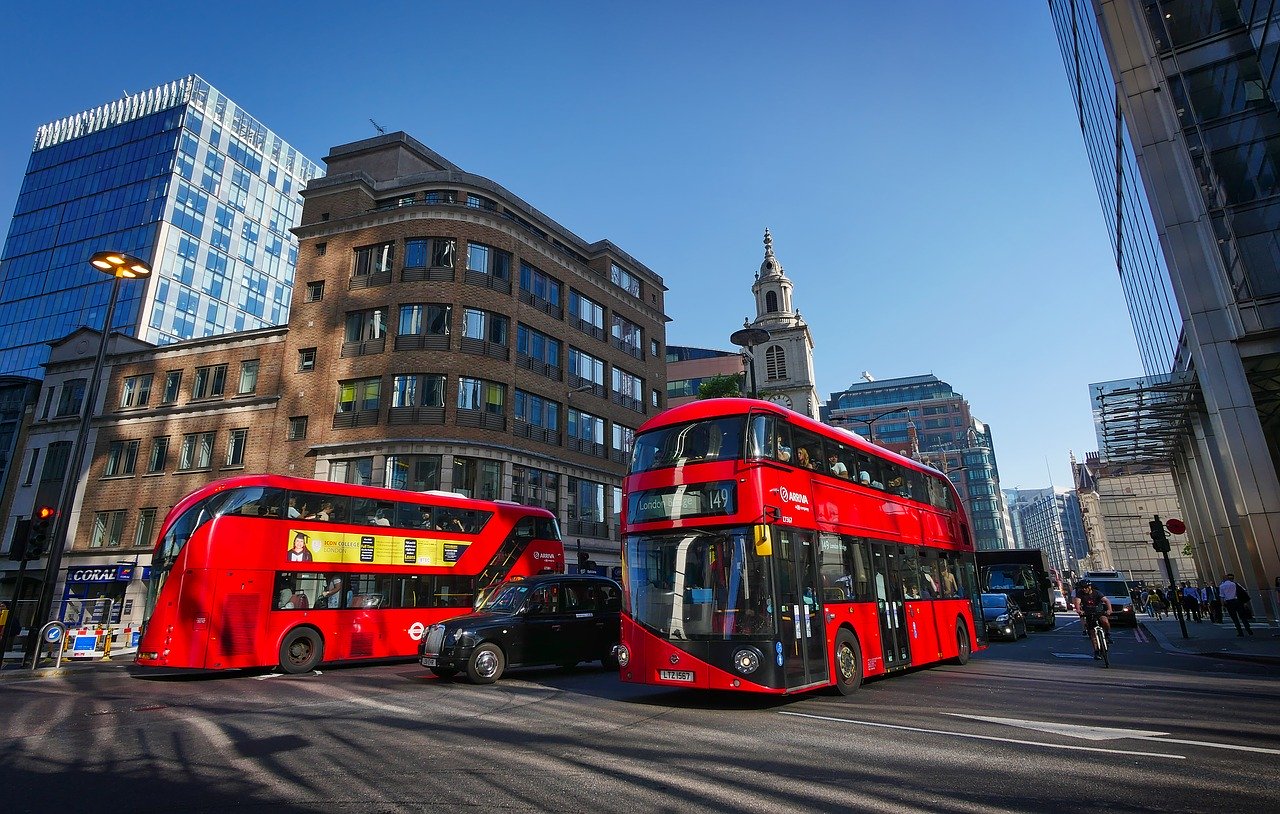
UK retail sales rose by 12% after 18% decline in April. Sales volumes in May increased by a record 12.0% after a historic 18.0% slump in April.
Consumer confidence data for June showed strength since the lockdown started but continued to be weak, according to a separate survey.
According to Bank of England Governor Andrew Bailey, the economy is weakening in the first half of 2020 than the BoE worried about last month. However, there was no guarantee of a strong recovery and unemployment may still worsen.
“May’s recovery in retail sales should not be interpreted as a sign that the economy is embarking on a healthy V-shaped recovery from Covid-19,” Samuel Tombs, an economist at Pantheon Macroeconomics, said.
He noted that household incomes would be strained when a government program that caters to 9 million jobs is wound up in October, before some sectors could return to normal.
Britain shut down non-essential retailers in late March and only a few businesses such as garden centers were allowed to reopen in May.
Other shops in England had reopened on June 15 but they have to observe restrictions.
Sales at non-food stores soared by 24% in May but still faced 42% decline on a year earlier, with clothes stores being hit the hardest and had a drop of more than 60%.
But fuel sales rose by 49% as people in England returned to using their vehicles.
Online sales increased to a third of all spending, based on a new record.
The ONS data also revealed the scale of the hit to Britain’s finances due to the government’s increase in spending, much of it on its program to keep people employed.
Public sector net borrowing reached £55.2 billion ($68.7 billion) in May, a record high after April’s reading was revised down to £48.5 billion from £62.1 billion.
“The best way to restore our public finances to a more sustainable footing is to safely reopen our economy so people can return to work,” finance minister Rishi Sunak said.
Global recovery
The global economy may not recover from the coronavirus outbreak next year, according to an expert from the International Monetary Fund (IMF).
It is highly unlikely that the global economic activity, which has been slowed down by the coronavirus pandemic, would fully recover even by the end of 2021, said Gita Gopinath, chief economist at the IMF.
IMF downgraded its economic predictions this week. The fund suggests that the global economy will plunge by 3% this year before recuperating by 5.8% next year. Gopinath describes this rebound as a “partial recovery.”
“We have a recovery projected for 2021 of 5.8% growth, but that is a partial recovery,” Gopinath told CNBC’s “Squawk Box Asia."
“So even by the end of 2021, we’re expecting level of economic activity to be below what we had projected before the virus,” she noted.
Moreover, the IMF described the global economy loss due to coronavirus pandemic as the worst financial crisis since the Great Depression.
Comparing the current global economy to the Great Depression, the IMF’s chief economist thinks that “we are (now) better off on the health front. On the economic front, I think it makes a big difference that there are lenders of last resort, that monetary policy is proactively able to come in and ensure enough liquidity in markets, that fiscal policy is able to play a major role in supporting firms and households.”






